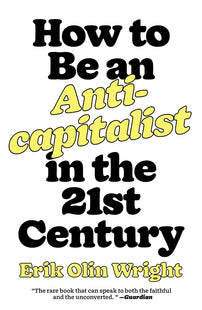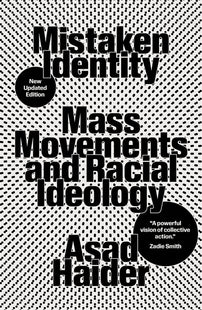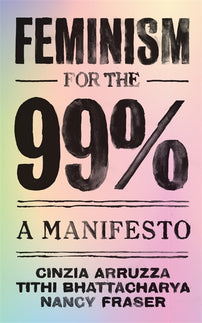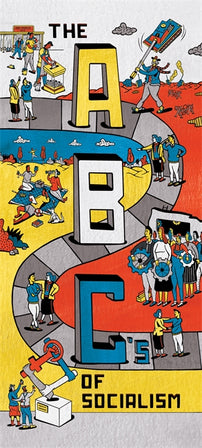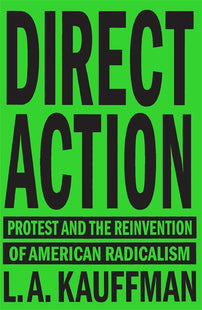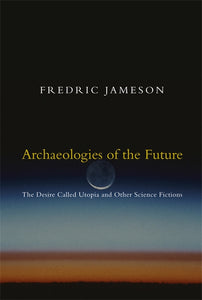Free ebook for Book Club subscribers

Our Verso Book Club Canadian subscribers receive one free ebook from the list below. Your discount will be applied once you add the ebook to your cart and check-out. This offer applies only to the ebook, not the print format.
Our ebook instructions are here – Verso’s DRM-free ebooks can be read on ANY e-reader, computer or smartphone. So you can settle down to read it right away.
In this elegant book, Erik Olin Wright has distilled decades of work into a concise and tightly argued manifesto analysing the varieties of anti-capitalism, assessing different strategic approaches, and laying the foundations for a society dedicated to human flourishing. How to Be an Anticapitalist is an urgent and powerful argument for socialism, and a unparalleled guide to help us get there. Another world is possible.
[book-strip index="2" style="buy"]The Heart of the Race is a powerful corrective to a version of Britain’s history from which black women have long been excluded. It reclaims and records black women’s place in that history, documenting their day-to-day struggles, their experiences of education, work and health care, and the personal and political struggles they have waged to preserve a sense of identity and community. First published in 1985 and winner of the Martin Luther King Memorial Prize that year, The Heart of the Race is a testimony to the collective experience of black women in Britain, and their relationship to the British state throughout its long history of slavery, empire and colonialism.
[book-strip index="3" style="buy"]Weaving together autobiographical reflection, historical analysis, theoretical exegesis, and protest reportage, Mistaken Identity is a passionate call for a new practice of politics beyond colorblind chauvinism and “the ideology of race.”
[book-strip index="4" style="buy"]Taking as its inspiration the new wave of feminist militancy that has erupted globally, this manifesto makes a simple but powerful case: feminism shouldn’t start—or stop—with the drive to have women represented at the top of their professions. It must focus on those at the bottom, and fight for the world they deserve. And that means targeting capitalism. Feminism must be anticapitalist, eco-socialist and antiracist.
[book-strip index="5" style="buy"]In Our History Is the Future, Nick Estes traces traditions of Indigenous resistance that led to the #NoDAPL movement. Our History Is the Future is at once a work of history, a manifesto, and an intergenerational story of resistance.
[book-strip index="6" style="buy"]Prisoners of the American Dream is Mike Davis’s brilliant exegesis of a persistent and major analytical problem for Marxist historians and political economists: Why has the world’s most industrially advanced nation never spawned a mass party of the working class?
[book-strip index="7" style="buy"]This book steps into this moment to offer a clear, accessible, informative, and irreverent guide to socialism for the uninitiated. Written by young writers from the dynamic magazine Jacobin, alongside several distinguished scholars, The ABCs of Socialismanswers basic questions, including ones that many want to know but might be afraid to ask (“Doesn’t socialism always end up in dictatorship?”, “Will socialists take my Kenny Loggins records?”)
[book-strip index="8" style="buy"]Now, as protest movements again take on a central and urgent political role, Kauffman’s history offers both striking lessons for the current moment and an unparalleled overview of the landscape of recent activism. Written with nuance and humor, Direct Action is essential reading for anyone interested in understanding the protest movements of our time.
[book-strip index="9" style="buy"]In an age of globalization characterized by the dizzying technologies of the First World, and the social disintegration of the Third, is the concept of utopia still meaningful? Archaeologies of the Future, Jameson’s most substantial work since Postmodernism, Or, the Cultural Logic of Late Capitalism, investigates the development of this form since Thomas More, and interrogates the functions of utopian thinking in a post-Communist age.

